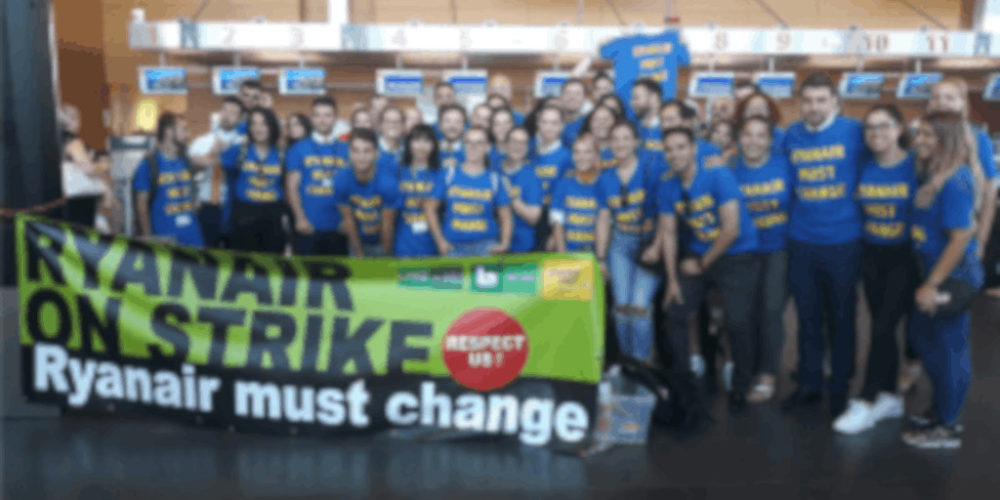The working class is under attack in a class war that we are losing.
There was a time when one average worker could earn enough to provide a family with the basic necessities of food and shelter and a few luxuries. This, of course, did not come easy: the pay and conditions necessary for achieving this were fought hard for by workers and their unions over many long years of struggle. The ruling class was forced to compromise, and some gains were made.
For the past forty years these gains have been under sustained attack by capitalism in a series of policy changes that have resulted in the balance of power being almost entirely on the side of capital and away from workers.
The main weapon used is business. Capitalism has now reached its highest form, imperialism, as Lenin predicted. A small number of transnational corporations control the world economy. This gives them tremendous influence and the power to control government policy. They can stimulate or decimate the economy of a country or region at will.
Their influence over economic policy has led to a raft of anti-worker legislation, such as the Industrial Relations Act (1990) in Ireland and similar legislation all round the capitalist world, designed to restrict and control workers and trade unions.
All these anti-worker laws must be abolished in order to return power to workers and give them the weapons needed for fighting back against inequality and injustice.
State-owned businesses have been privatised, public services have been slashed, and taxes on workers have increased. Where workers are regulated, business has been deregulated. Where profits have soared, wages have collapsed. Where services were privatised they were stripped back to maximise profits, a life of luxury for the new owners and hospital trolleys and waiting-lists for the users.
This is how capitalism works: more profits means a reduced cost of labour and resources, or, in the words of the Government, we have to become “more competitive”: that means reducing costs, wages, and of course taxes on business.
These changes went into overdrive after the defeat of the Soviet Union, as capitalism didn’t have to compete any more with the socialist world.
For working families to survive, both parents now have to work, often in multiple jobs, so as to provide food and shelter for the family. Ordinary working people have little interest in the accumulation of vast sums of money or wealth: all they want is a happy, healthy life for themselves, their families and communities, with a bit of leisure time.
Capitalism, on the other hand, has one obsession: the accumulation and control of all the wealth and resources of the world.
As a result of the bosses taking more and more from the wealth created by workers, we have now got to a stage where even two workers’ wages can no longer support a family. Poverty wages, high rents, increased taxes and the slashing of public services in housing, health, education and transport have made it impossible for workers to survive as they used to without accumulating debt. This is unsustainable.
Just as capitalism has destroyed the planet and we now face a catastrophic tipping-point in our climate, workers and their families have reached an economic tipping-point as a result of capitalism, where our ability to provide the basic requirements of life is becoming impossible.
The time has come to fight back, to tip the balance of power towards the majority of people, the working class, and not a tiny elite. Our best weapon is the trade union movement, which has won so many gains for the working class in the past.
Only the organised working class has the strength and the numbers to lead this battle to save our people and our planet from the greed of capitalism. A change of government will make no difference: we have to change the system. We need a people’s government, whereby all decisions are in the interest of all the citizens, not the global corporations.
Private health only benefits a small number of people who can afford it and an even smaller number of people who make all the profits from it. On the other hand, public health benefits everyone. The same goes for housing, education—the entire economy in fact: an economy for the common good, owned, controlled and managed in the interest of all.
Who needs twenty brands of sausages or fifty types of perfume when there are ten thousand homeless, a million on hospital waiting-lists, and so many people living in poverty? Economics has to change by making people and the planet the priority, not the accumulation of wealth by a tiny elite.






